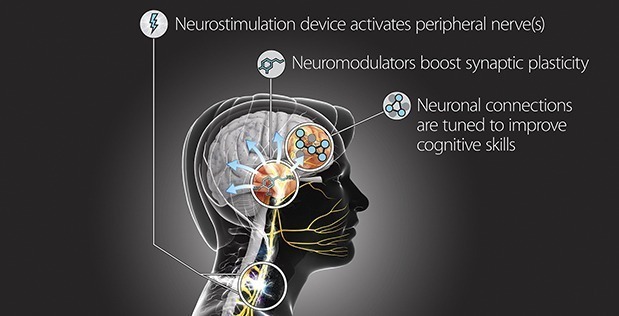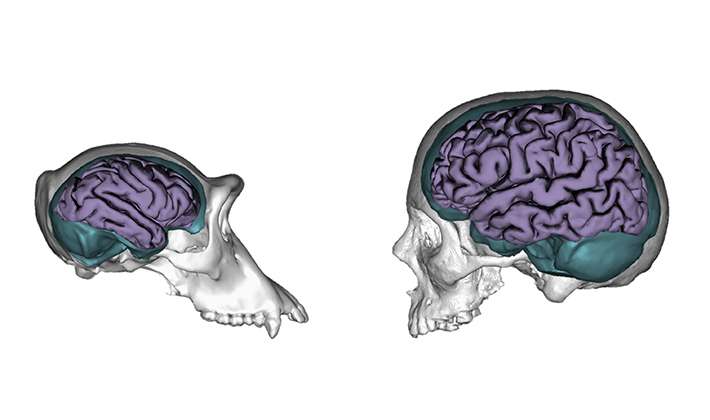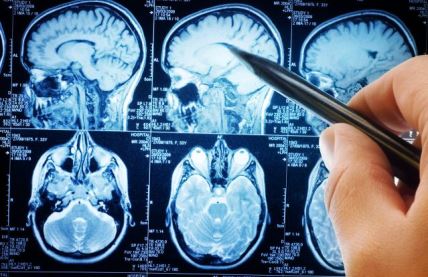Posts Tagged ‘Brain-Plasticity’
Slidedeck: 25 Must-Know Facts to Harness Neuroplasticity & Technology For Better Brain Health
Virtual lecture: 25 Must-Know Facts to Harness Neuroplasticity & Technology For Better Brain Health from SharpBrains Note: The full recording from the 90-minute virtual lecture is already available to registered participants, together with other resources (please contact us if you have any log-in difficulties). If you didn’t register, please subscribe to our eNewsletter and we’ll notify…
Read MoreDARPA launches Targeted Neuroplasticity Training program to accelerate cognitive skills training
Boosting Synaptic Plasticity to Accelerate Learning (DARPA news): “The body’s branching network of peripheral nerves connects neurons in the brain and spinal cord to organs, skin, and muscles, regulating a host of biological functions from digestion to sensation to locomotion. But the peripheral nervous system can do even more than that…pushing those limits further, DARPA…
Read MoreVirtual “Brain Games” roundtable: Why we can, and SHOULD, train our brains
In preparation for the new season of National Geographic’s Brain Games, starting this Sunday February 14th, their producers asked us to participate in a virtual roundtable around this thought-provoking question: Do you think individuals can train their brain to respond in a particular way to certain situations, or do you think our brain’s innate “startle response”…
Read MoreStudy: Physical exercise can enhance neuroplasticity in adult brains, accelerating neural repair
Physical activity may leave the brain more open to change (EurekAlert) “Learning, memory, and brain repair depend on the ability of our neurons to change with experience. Now, researchers reporting in the Cell Press journal Current Biology on December 7 have evidence from a small study in people that exercise may enhance this essential plasticity…
Read MoreNeuroplasticity explains why humans adapt faster than (genetically-controlled) chimpanzees
Nature and nurture: Human brains evolved to be more responsive to environmental influences (Phys.org): “Chimpanzees are our closest living relatives, but what is it about the human brain that makes us so different? Researchers at the George Washington University may have unearthed another piece of the puzzle.
Read MoreStudy: Structural brain differences due to childhood poverty may account for 20% of the academic achievement gap
. Brain scans reveal how poverty hurts children’s brains (Bloomberg): “Growing up poor has long been linked to lower academic test scores. And there’s now mounting evidence that it’s partly because kids can suffer real physical consequences from low family incomes, including brains that are less equipped to learn.
Read More




